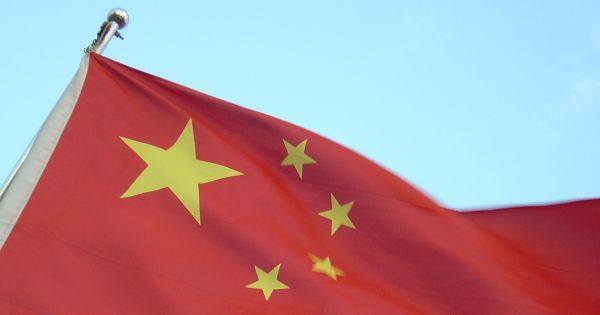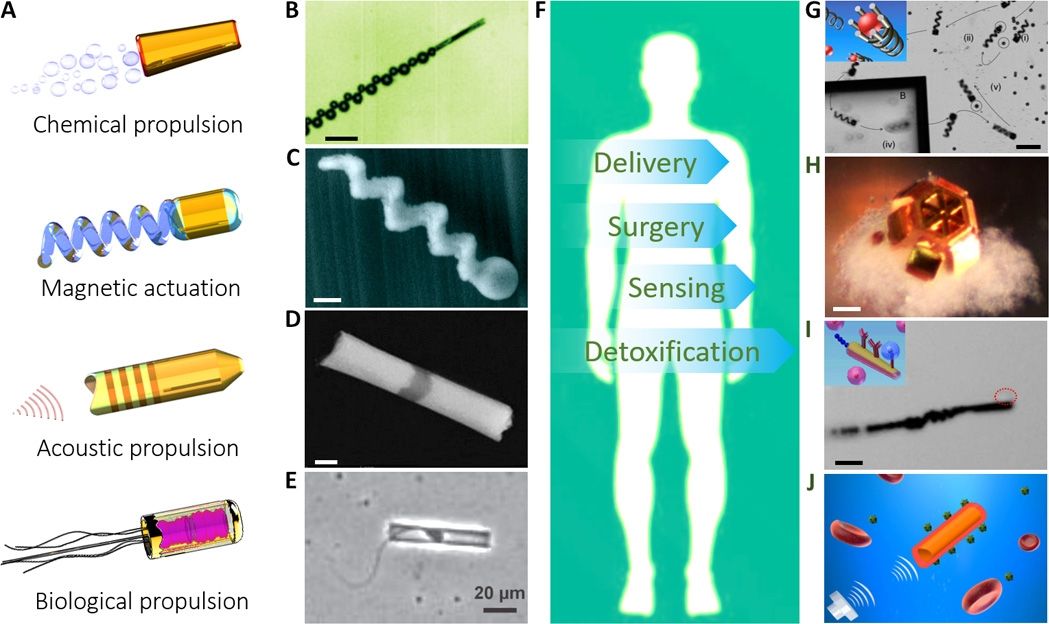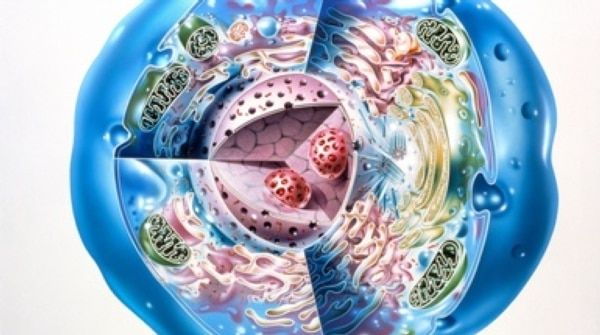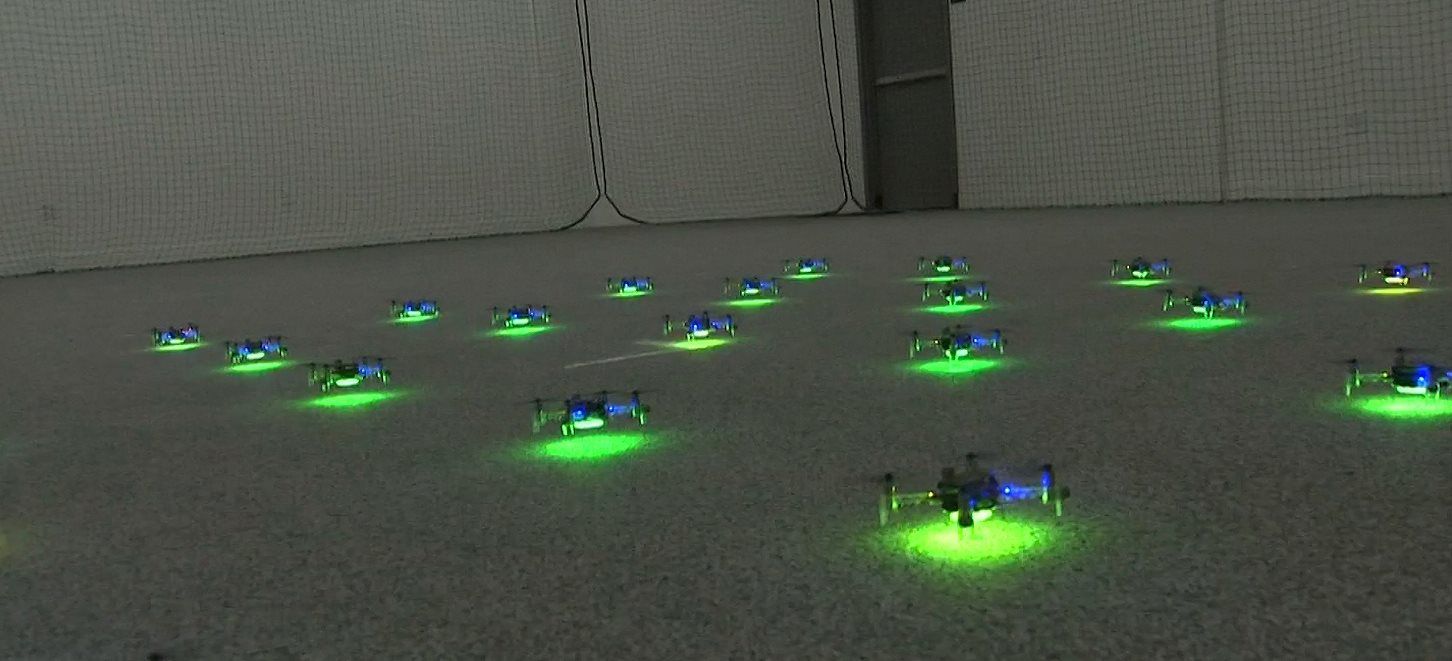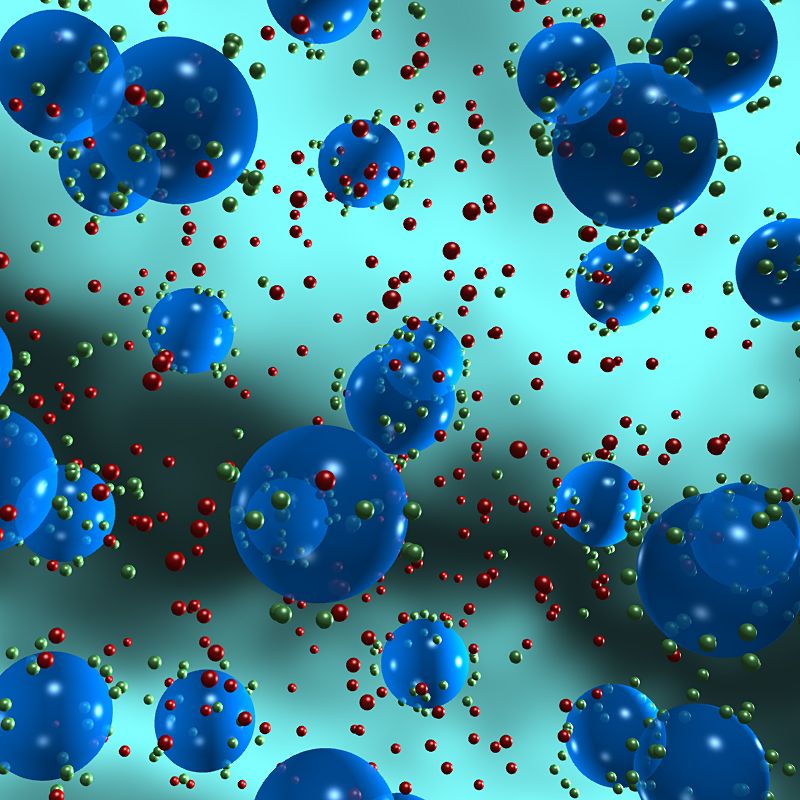Page 10406
Mar 8, 2017
Goodyear’s Sphere Design for Self-Driving Car Tires Is Stupefying—And Totally Genius
Posted by Klaus Baldauf in categories: robotics/AI, transportation
Sometimes, you hear about a futuristic concept that just makes you laugh—until you learn more about it and realize how utterly genius it is. Well, go ahead and laugh at Goodyear’s concept for autonomous-car tires: they’re spherical. Now keep reading, and get ready to have your mind blown.
Mar 8, 2017
This never-before-seen extra from White Rabbit Project is from the afternoon I spent with actual cyborg Angel Giuffria
Posted by Albert Sanchez in categories: cyborgs, robotics/AI
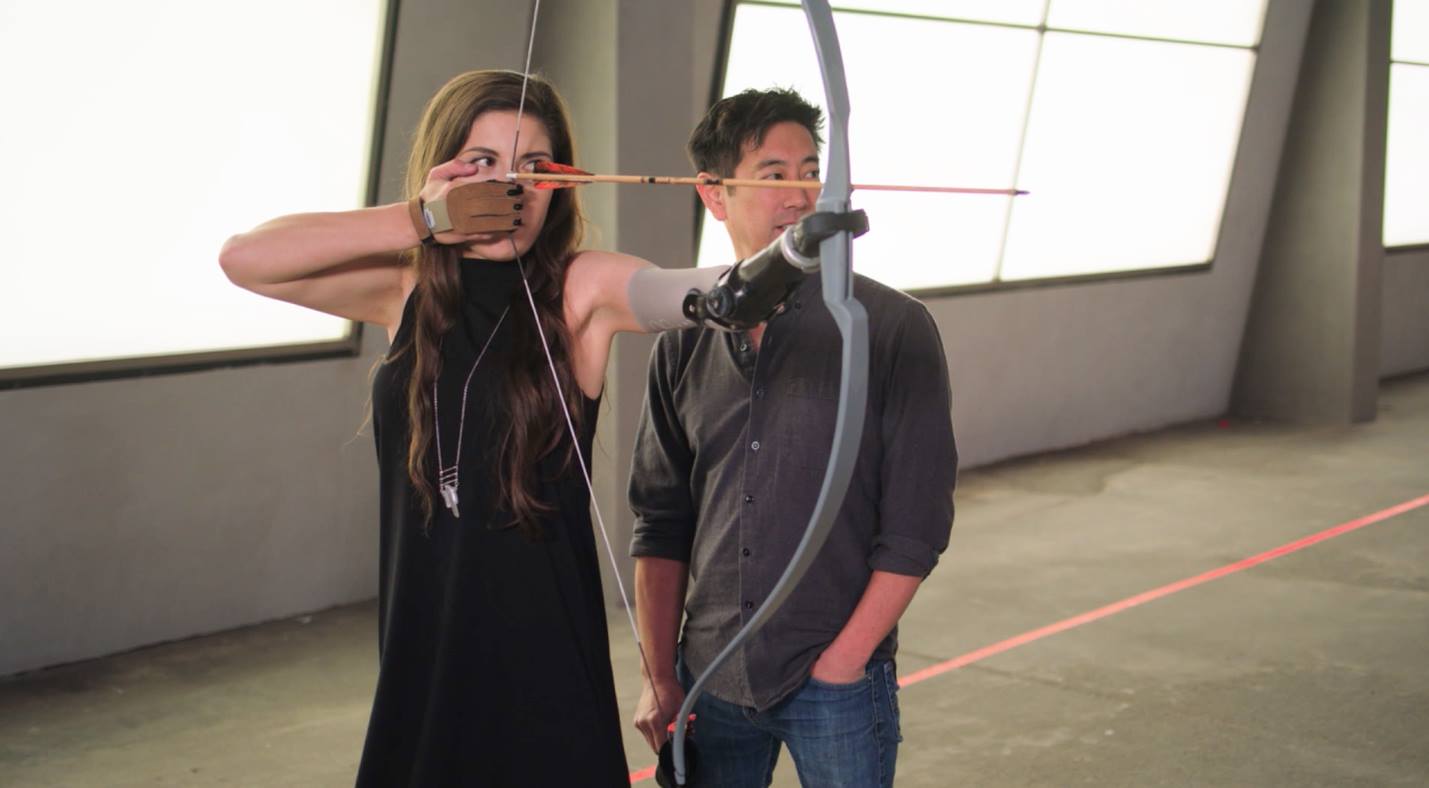
As a robotics enthusiast, it was a special treat for me to see real future tech up close (and try it out myself). Angel also showed off some of her attachments, like one that allows her to shoot a bow and arrow.
Mar 8, 2017
Transhumanist Zoltan Istvan Runs For Governor of California
Posted by Zoltan Istvan in categories: life extension, transhumanism
A new feature on one of my favorite sites, Big Think, on #transhumanism and my #libertarian Governor campaign, via Elise Bohan:
Libertarian transhumanist Zoltan Istvan is running for Governor of California in 2018 and, among other things, he wants to conquer aging and death for all!
Mar 8, 2017
Here’s How Quantum Gravity Will Change Our Understanding of the Universe
Posted by Andreas Matt in category: quantum physics
Resolving two quantum systems with opposite notions of time can reveal the true nature of time.
Mar 8, 2017
Micro/nanorobots for biomedicine: Delivery, surgery, sensing, and detoxification
Posted by Klaus Baldauf in categories: biotech/medical, nanotechnology, robotics/AI
Micro- and nanoscale robots that can effectively convert diverse energy sources into movement and force represent a rapidly emerging and fascinating robotics research area. Recent advances in the design, fabrication, and operation of micro/nanorobots have greatly enhanced their power, function, and versatility. The new capabilities of these tiny untethered machines indicate immense potential for a variety of biomedical applications. This article reviews recent progress and future perspectives of micro/nanorobots in biomedicine, with a special focus on their potential advantages and applications for directed drug delivery, precision surgery, medical diagnosis, and detoxification.
Mar 7, 2017
NASA Wants to Launch a Giant Magnetic Field to Make Mars Habitable
Posted by Klaus Baldauf in categories: climatology, engineering, environmental, space
NASA scientists have proposed a bold plan that could give Mars its atmosphere back and make the Red Planet habitable for future generations of human colonists.
By launching a giant magnetic shield into space to protect Mars from solar winds, the space agency says we could restore the Red Planet’s atmosphere, and terraform the Martian environment so that liquid water flows on the surface once again.
Mars may seem like a cold, arid wasteland these days, but the Red Planet is thought to have once had a thick atmosphere that could have maintained deep oceans filled with liquid water, and a warmer, potentially habitable climate.
Continue reading “NASA Wants to Launch a Giant Magnetic Field to Make Mars Habitable” »
Mar 7, 2017
Quantum Microscope Spies on Chemical Reactions in Real Time
Posted by Bruno Henrique de Souza in categories: particle physics, quantum physics
Diamond-based imaging system uses magnetic resonance of electrons to detect charged atoms.
- By Sara Reardon, Nature magazine on March 7, 2017
Mar 7, 2017
Cells communicate better when not squeezed together, research shows
Posted by Saúl Morales Rodriguéz in category: biotech/medical
Scientists are beginning to realize that many cellular behaviors, such as metastasizing cancer cells moving through the body or wound healing, aren’t random events, but the result of coordinated actions by cells.
Such collective cell movement requires communication, and a new study shows that cells are most effective at communication when they aren’t tightly packed together. This was a surprise, says Andrew Mugler, a Purdue University assistant professor of physics and astronomy who studies cell behavior.
“Our hypothesis was proven wrong,” Mugler says. “Our hypothesis was that cells that are closer to each other should experience a sensory improvement. Instead, we found that long-range communication was better, even though it meant that cells had to be receiving weaker communication signals.”
